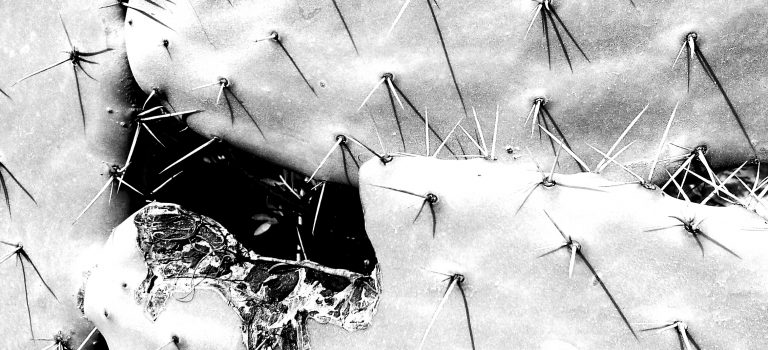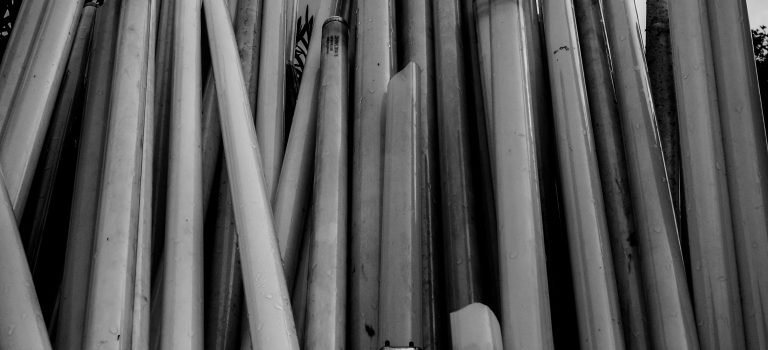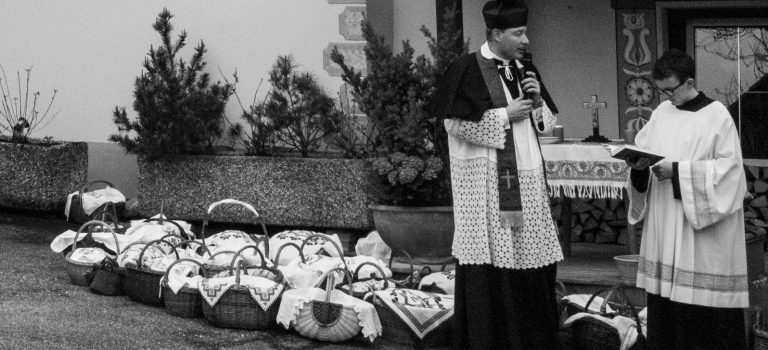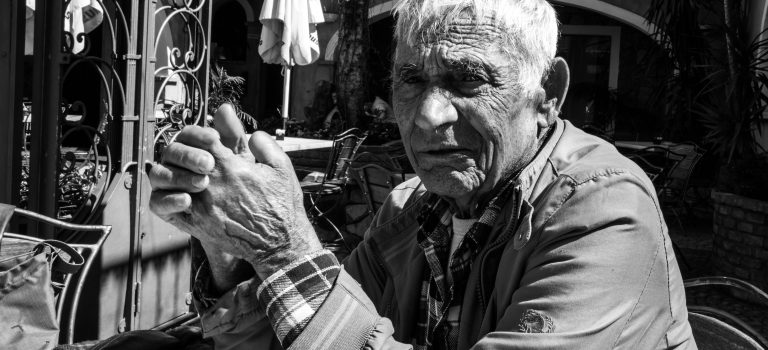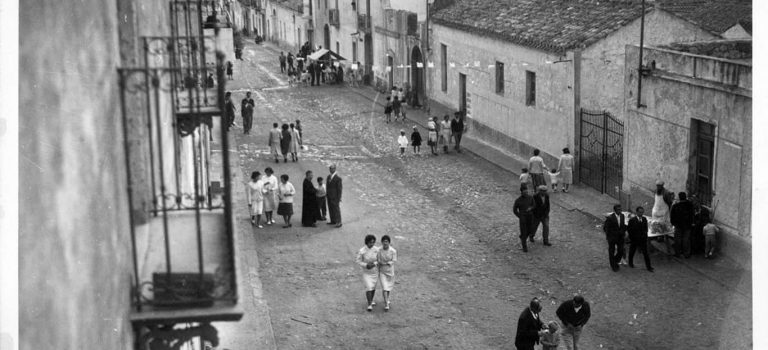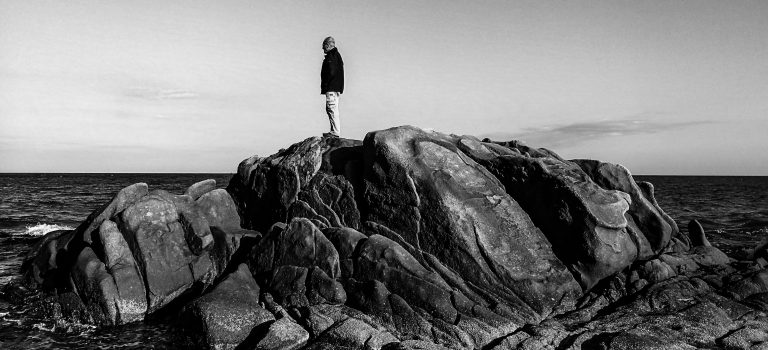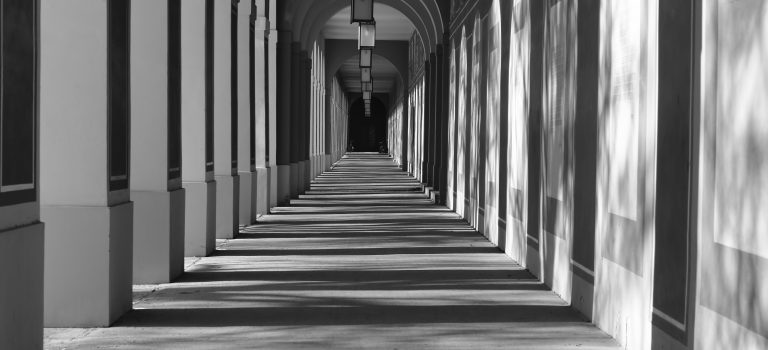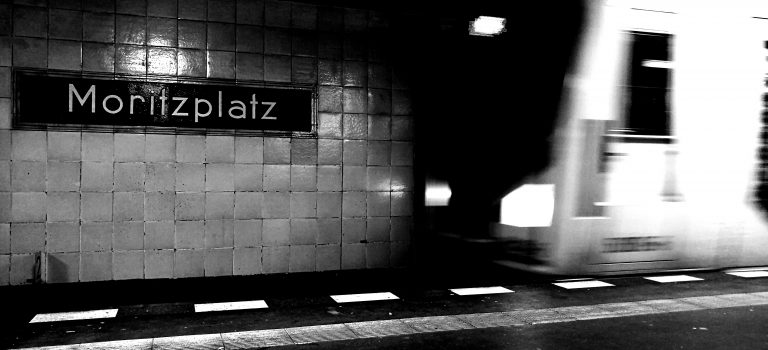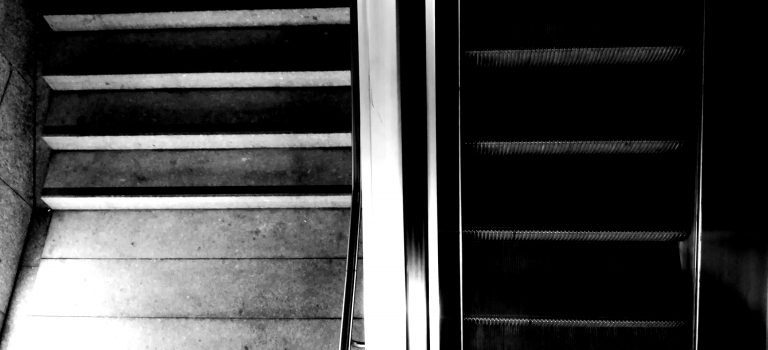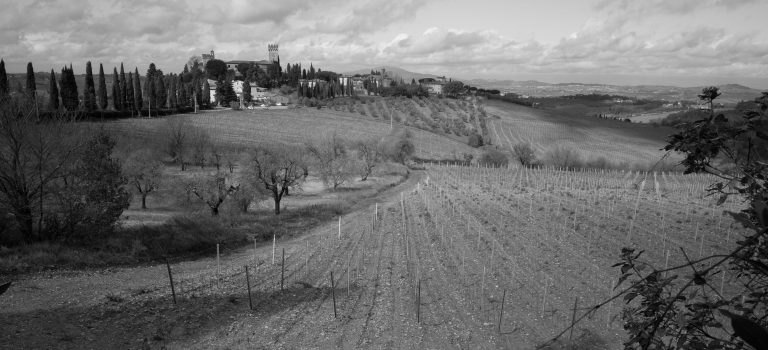No, this post is not about cooking. It is about slavery. It is about the book I just finished reading: “Uomini e caporali” (“men & foremen”) written by an Italian journalist and writer, Alessandro Leogrande.
We all love “Spaghetti al pomodoro”, noodles with tomatoes – don’t you, too? Made with tomatoes in cans, most of them coming from Southern Italy: Puglia or Campagna. (In the latter many of the tomatoes coming from Puglia are processed and put in cans or bottles). But who is harvesting those tomatoes and what are his or her work condition?
Every summer men and women from Africa and Eastern Europe pour into the “Tavoliere”, a region of Puglia to engage in harvesting tomatoes. They are the modern day-laborers of agriculture. They become victims of corporatists who in alignment with the landowners deploy them through the region. They live in insanitary dwellings and accept wages that are far below any legal standards which often are not paid at all. They are isolated. They suffer hunger and thirst. Their passports are taken away. They have to pay exaggerated prices for food and water and transport from their already misery wages. Sometimes they are even beaten. Some of those new slaves who try to rebel just “disappear” or die in “strange circumstances”. As of this list from an Polish association called “Italy” today there are still 115 people missing.
But in the summer of 2005, three Polish students managed to escape from their guards and reach the Polish consulate in Bari. Due to their denunciation it was possible to arrest dozens of formen or better said slave drivers. The author met the victims, studied the techniques of those new “Kapò” and interviewed magistrates, lawyers, doctors and syndicalists who tried to oppose this cruel exploitation. Three years later he returned and the situation seems to have improved: The landowners or farmers decided to engage machines because they are now more convenient. They hadn’t been in respect to the slaves. The situation for the Polish improved. But today, there are dozens of Romanians missing and a handful died in “strange circumstances”. Because as long as the companies behind this system will try to lower even more the labor costs to raise their own profit this system of modern slavery will continue.
